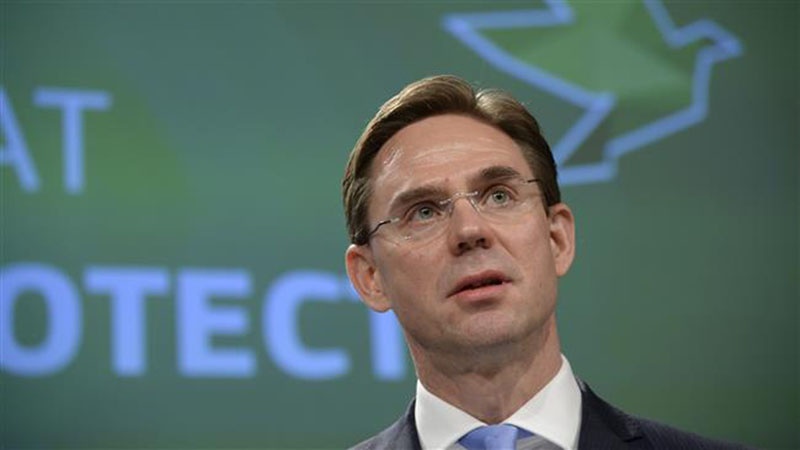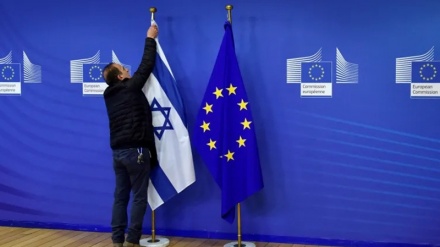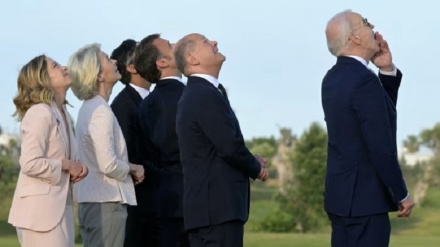EU launches fund to boost, coordinate defense spending
The European Union has finally launched its special defense fund in a bid to better coordinate military budgets between members of the 28-nation bloc.
The European Commission, the powerful executive arm of the EU, said on Wednesday that the fund would start earmarking money to high-tech projects such as drones or robotics from 2019.
It said 500 million euros (about $563 million) would be provided in the two initial years and then the amount would double to 1 billion euros annually from 2020.
The initiative comes amid calls by the United States on the European members of NATO to boost their contribution to the military alliance and bring it to 2 percent of gross domestic product (GDP) on military budgets. Twenty-two countries of the EU are also members of NATO.
In a briefing with reporters, EU Commission Vice-President Jyrki Katainen said the fund could save at least a third of more than 25 billion euros of European countries’ defense budget, which is lost annually due to poor cooperation.
"Two percent of GDP spent separately provides less security than if part of the money is used jointly. As important as the amount of money, is how to use it," Katainen said, making a reference to US President Donald Trump’s repeated calls on EU countries to meet their commitments regarding the NATO budget. Key members of the EU, including Germany, have opposed Trump’s target of 2 percent of the GDP, saying EU countries should instead cooperate more closely and allow Brussels to have a bigger say in defense matters.
The EU Commission said once member countries make their contributions to the defense fund, it could generate seven times the money for developing defense capabilities. It said building prototypes for cutting-edge technologies, the riskiest phase of a project for investors, would be a main concern for the fund, adding that the financing of the projects would be allowed if a minimum of three companies from a minimum of two EU member countries take part.
SS



